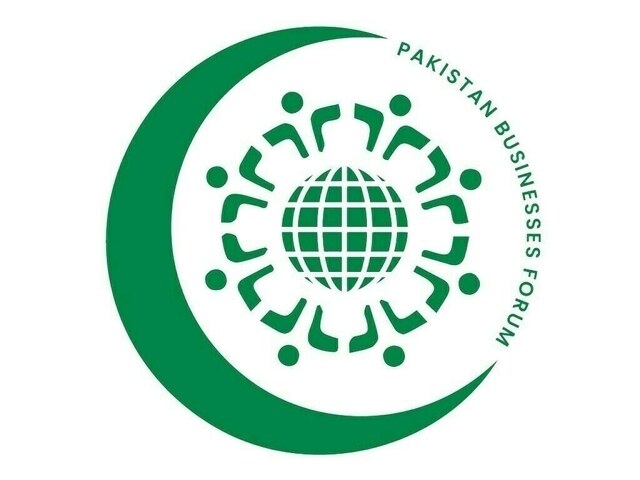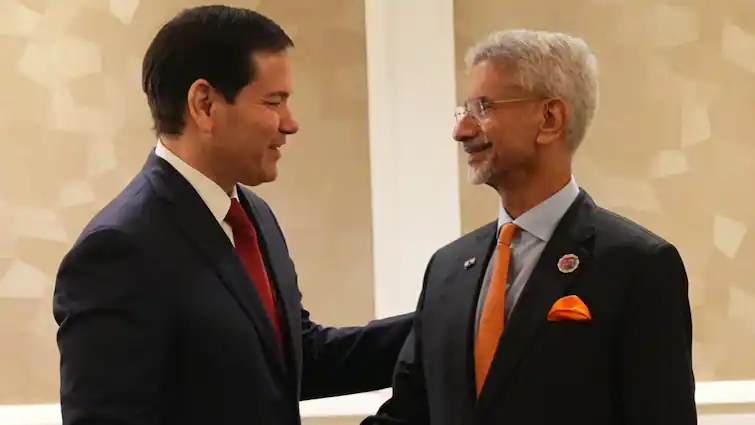Copyright brecorder

KARACHI: The Pakistan Business Forum (PBF) has voiced deep concern over the government’s recently announced initiative to revive the country’s struggling export and industrial sectors. Despite the formation of eight new working groups by Prime Minister Shehbaz Sharif, aimed at rescuing Pakistan’s exports from a looming collapse, the PBF insists the current structure of these groups lacks the essential participation of the business community — the very stakeholders whose input is vital to any real economic recovery. Khawaja Mehboob ur Rehman, President of the Pakistan Business Forum, questioned the decision to populate the newly established groups largely with serving and retired bureaucrats. He emphasised that neither the PBF, nor the Federation of Pakistan Chambers of Commerce and Industry (FPCCI), nor other leading chambers have been included in the process. “If the government truly wants actionable recommendations, it must allow those directly engaged in trade and production to have a voice,” Rehman stated. He urged the Prime Minister to revisit the structure of these panels, before they finalise their proposals. Prime Minister Shehbaz Sharif’s decision to form eight specialised working groups came in response to urgent warnings from industrialists that Pakistan’s export engine — the core source of foreign exchange and employment — is on the verge of breakdown. Years of policy inconsistencies, rising production costs, and foreign-funded economic frameworks have failed to restore growth. Even large-scale reform programs, from the IMF’s stabilization plan to the World Bank’s decade-long growth framework, have yielded little tangible progress. Each of the new working groups has been tasked with addressing specific bottlenecks: industrialisation, export diversification, taxation reform, port and railway logistics, customs and dumping of imported goods, energy pricing, and agricultural revitalization. Members were drawn from select industries, bureaucratic departments, and the Special Investment Facilitation Council (SIFC). However, PBF and other trade bodies think that these panels risk becoming another round of paperwork, unless the private sector’s voice is heard. PBF have warned that exporting from Pakistan has become “economically irrational.” Their concerns revolve around spiralling gas tariffs — which have surged by over 300 percent in just two years — the suspension of captive power gas supply, and a series of fiscal measures that have driven up the cost of production. The carbon levy on fuel, a 10 percent import duty on essential textile raw materials like yarn and greige fabric, and chronic delays in sales tax refunds have all contributed to the sector’s paralysis. “The crisis isn’t about demand; it’s about domestic policy,” noted one leading textile exporter during a recent meeting with the Prime Minister. “Factories are shutting down not because buyers have disappeared, but because producing in Pakistan no longer makes economic sense.” At the heart of the problem lies an energy policy that has distorted industrial competitiveness. Exporters argue that while some industries pay preferential rates, others face crippling costs — a disparity that not only fuels inefficiency but also pushes productive units out of business. The business community has therefore called for a uniform industrial tariff and the abolition of the 10 percent super tax, arguing that such measures stifle reinvestment and modernization. Copyright Business Recorder, 2025



